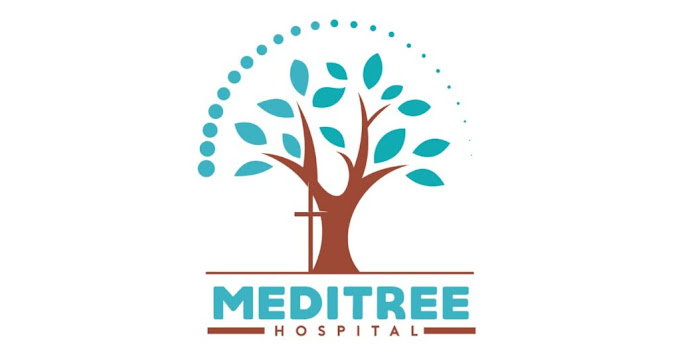A 24/7 emergency department, commonly found in hospitals, is a facility that operates around the clock to provide immediate medical care for individuals experiencing urgent or life-threatening health conditions. These emergency departments play a crucial role in responding to medical emergencies, accidents, and unforeseen health crises. Here are some key aspects associated with 24/7 emergency services
- Immediate Care: A 24/7 emergency department is staffed with medical professionals, including doctors, nurses, and support staff, who are trained to respond quickly and efficiently to medical emergencies. They are equipped to handle a wide range of conditions, from injuries and accidents to acute illnesses.
- Triage System: Upon arrival, patients are typically assessed through a triage system to prioritize the severity of their condition. This helps ensure that those with the most critical needs receive prompt attention.
- Critical Care Facilities: Emergency departments are equipped with critical care facilities, including resuscitation rooms, trauma bays, and other resources necessary for managing severe injuries and medical emergencies.
- Diagnostic Services: Emergency departments have access to diagnostic tools such as X-rays, CT scans, and laboratory services. These resources help in quickly diagnosing and assessing the severity of a patient’s condition.
- Emergency Medical Services (EMS) Coordination: Emergency departments often work closely with local EMS providers to ensure a seamless transition for patients arriving by ambulance. This coordination helps streamline the transfer of information and patient care.
- Multidisciplinary Approach: Emergency care involves a multidisciplinary approach, with collaboration among various medical specialties to address different aspects of a patient’s condition. Specialists may be called in to assist in complex cases.
- Availability of Medications and Treatments: Emergency departments stock a range of medications and treatments to address acute medical conditions. This includes medications for pain management, cardiac emergencies, respiratory distress, and more.
- Security Measures: Given the nature of emergencies, security measures are often in place to handle situations that may arise, ensuring the safety of both patients and healthcare providers.
- Community Outreach: Some emergency departments also engage in community outreach programs to educate the public on when to seek emergency care and when to use other healthcare resources, such as urgent care centers or primary care providers.
